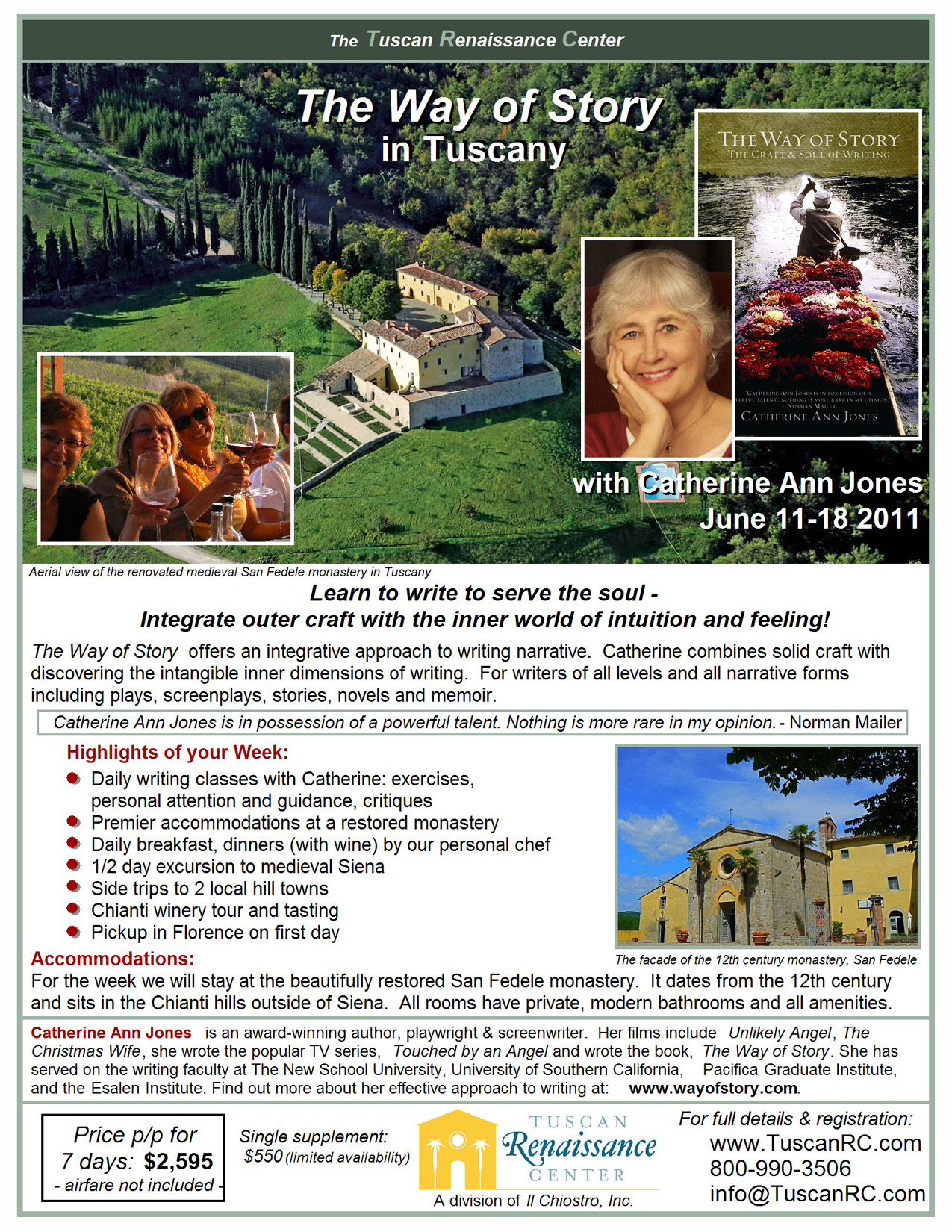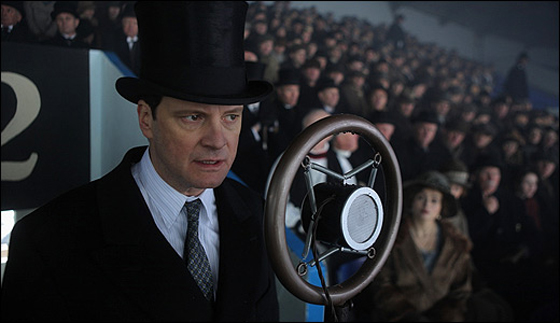The biggest mistake a writer can make is to pay attention to Hollywood trends.
By Richard Walter
What is the trend today in Hollywood?
I'm standing smack-dab in the middle of the town and haven't a clue. As in algebra, however, let's say that there is a trend and let's call that trend 'X'.
It's too late to get in on that trend for the simple reason that it is the trend. If it is the trend today, it had to be in the pipe at least a year ago, and much more likely two or three or more years ago. To cash in on that trend by writing a script geared to it is to guarantee that by the time you go to market it's already old news, stale, pale, and so last year.
During a strike years ago, since no one could market to the studios, a huge pile of spec scripts were written by writers, some of them well established. The idea was to have the scripts ready to sell after the strike. When the strike finally settled, there was a flood of cop-buddy police action melodramas, which appeared to be the trend at the time the strike started. Two writers well known to me and the community, however, a husband-wife writing team, wrote a spec script representing the kind of movie nobody was making at the time: a period piece, a historical costume drama. Happily for them, it stood out above the rash of police thrillers. It caught the imagination and attention of studios and producers first of all because it was not merely another cop action melodrama. It promptly sold for a substantial price. In the meantime, dozens, indeed scores, perhaps hundreds of cop thrillers went into the shredder.
Perhaps twenty years ago I advised my screenwriting seminar commandos at UCLA not to outsmart themselves by trying to figure out the latest trend. I suggested they write the dumbest script they could think of. At that time nobody was buying or making westerns, and so I advised them to write a western. When it was ready it would be the only such item and, therefore, attract attention.
One of the students took me up on this suggestion and wrote a hilarious comedy set in the American west after the Civil War. Not a gunslinger but a painter makes his way west, hauling a wagon of artist's supplies: canvases, tubes of pigment, linseed oil and turpentine, brushes, a pallet and the like. New towns are springing up across the landscape and each has a brand new saloon, and every saloon needs a naked lady above the bar. Our protagonist arrives in one town and then the next, paints a naked lady to hang above the bar, and in exchange receives room and board from the owner, plus provisions to enable him to continue his journey.
At one town the mayor is a Victorian-style prude, who doesn't think there should be pictures of naked ladies in the saloon or anywhere else. He is particularly disturbed by the portrait of the naked lady painted above the bar in his town, as she appears strikingly similar to his wife, right down to a wen in a particularly intimate spot on her body. One would have to know her very, very well indeed to know about that particular portion of her skin.
When the script was finished I referred it to a producer pal of mine who had made an iconic film reminiscent of this script. He read it immediately and promptly acquired the rights, though it was merely a low ball option--very little money--and only for a month. Many writers don't seem to understand that a short option is better than a long one. With a short option the writer gives away less. There's more pressure on the producer to--what else?--produce. Only the other day I overheard two writers bragging to each other about options they had sold. One was for six months. The second boasted that his was superior: a year. Talk about being unclear on the subject! It's like the old joke about Philadelphia. There's a contest; first prize is a week in Philadelphia; second prize is two weeks in Philadelphia.
The writer of the western was shown around Hollywood under the best circumstances. He was not shown around by himself: they wouldn't have read him. He was not shown around by his agent; he didn't have an agent. But even if he had an agent it's not as good as being shown around by a producer with a track record for making hit movies who wants to make your movie. This writer, therefore, was not read by underlings but by the heads of the studios. There's nothing wrong with being read by underlings, but there's also nothing wrong with being read by the chiefs.
At the end of the diminutive option period, nobody bought the script. The writer, however, had all the rights of the project revert to him, and he got to keep the option fee. What's not to like about that? More to the point however, during that brief month he had gone from being completely unknown to being very well known.
At one studio, while they didn't want to make his western, they loved his fresh, funny voice. They had an in-house script that they had not been able to get an A-list Hollywood writer to get a handle on, and so they decided to give him a shot at it. Since he was just rewriting somebody else's script, and he'd never had any professional writing work, they only paid him ten thousand dollars. A week. With a six week guarantee. It actually took eight weeks, so he walked away with $80K, not the kind of fortune it once represented, but certainly enough to buy guacamole to carry him through Cinco de Mayo.
If that's all that he got out of it, it's not a bad deal. But it's not all he got out of it. He also won representation. Imagine you're an unrepresented writer with a major studio wanting to pay you $10K a week for a rewrite assignment. Agents and managers will line up at your door and you can pick and choose. He chose wisely and has a substantial and sustained career under way now for many years.
All of this success accrued from what? Not from homing in on the latest 'trend' but by deliberately, purposefully bucking the trend, not by following the wise course but the dumb one.
From my perch in Westwood I cannot tell you how many times I see writers waste their talent and effort and energy by ignoring the story that's in their heart, the story they want to tell, and instead writing the story they think some producer or studio may want them to tell.
It is a self-defeating prophesy from the get-go.
Writers! Stop working in your heads and work in your hearts. Screenwriting success is not about thinking but feeling. If the writer herself doesn't truly care about what she is writing, why would any producer?
# # #
Follow Richard Walter on Facebook to stay in the “screenwriting know” by “liking” his fan page: www.facebook.com/richardwalterucla
About the Author: Richard Walter
Richard Walter is a celebrated storytelling guru, movie industry expert, and longtime chairman of UCLA’s legendary graduate program in screenwriting. A screenwriter and published novelist, his latest book, Essentials of Screenwriting, is available in stores now. Professor Walter lectures throughout North America and the world and serves as a court authorized expert in intellectual property litigation. For more information and to order the new Essentials of Screenwriting, visit www.richardwalter.com. Richard can be reached at rwalter@tft.ucla.edu.
Copyright ® 2011 Richard Walter
















